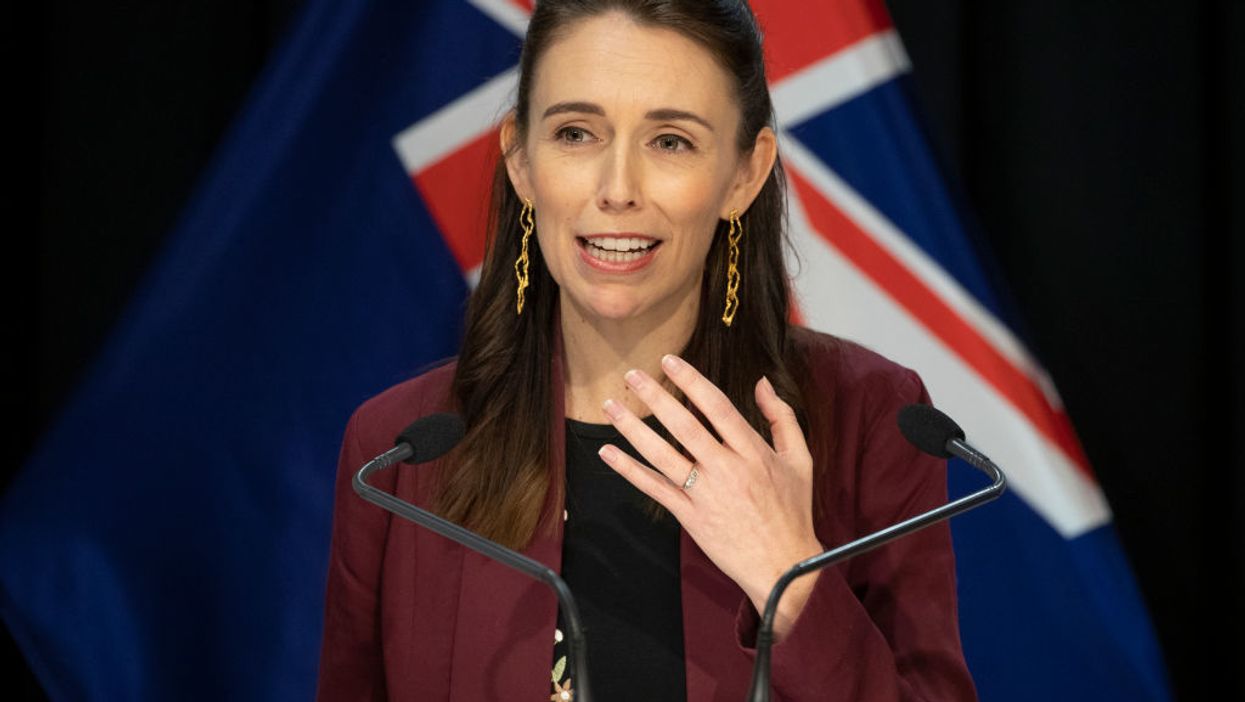
New Zealand's Prime Minister Jacinda Ardern (Photo by Mark Mitchell-Pool/Getty Images)

'Won that battle'
Jacinda Ardern, the prime minister of New Zealand, says that her country has "won that battle" over COVID-19, and that most of the social distancing restrictions that had been implemented in that country were going to be lifted.
New Zealand instituted one of the most aggressive social distancing regimes in the world early on in the crisis on March 23, announcing that the country planned to "go hard and go early" at the virus with the goal of completely eliminating it. Due to a number of factors, including lack of population density and remoteness, it appears that New Zealand's strategy may have worked. The country, which numbers about 5 million inhabitants, has reported only about 1,500 cases of the virus and 17 deaths.
The number of new cases has also been trending downward, with no new cases reported Sunday, and only five new cases on Monday.
Those numbers allowed Ardern to announce Monday, "There is no widespread undetected community transmission in New Zealand. We have won that battle. But we must remain vigilant if we are to keep it that way."
Ardern stressed that the country was not claiming that there would be no new cases of the coronavirus or that the country expected the virus to be actually absent from New Zealand, but rather only that the numbers of new cases would be manageable and capable of being traced.
New Zealand's social distancing program included an almost total shuttering of businesses, and an in-home lockdown regime that prevented its citizens from leaving their home except for absolutely essential reasons. New Zealand also almost completely closed its borders to all foreign travel.
Still, experts caution that New Zealand's success at eradicating undetected spread of the disease will likely not be subject to replication in other countries. Thomas J. Bollyky, the director of the global health program at the Council on Foreign Relations, told Time magazine that New Zealand's success is due to a number of factors that don't apply to other countries. For example, "New Zealand has an advantage of a relatively isolated location, which meant fewer early travelers from China and other infected areas and a longer time before cases started to appear. New Zealand saw its first cases on Feb. 28, at a time when the U.S. already had community spread and likely thousands of unreported cases."
Also, due to the fact that New Zealand is an island without a large, porous land border, New Zealand was also able to more effectively and quickly close its borders, particularly to areas with hot spots of the coronavirus infection.